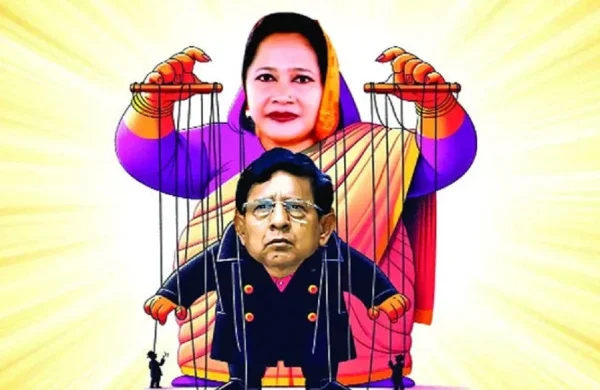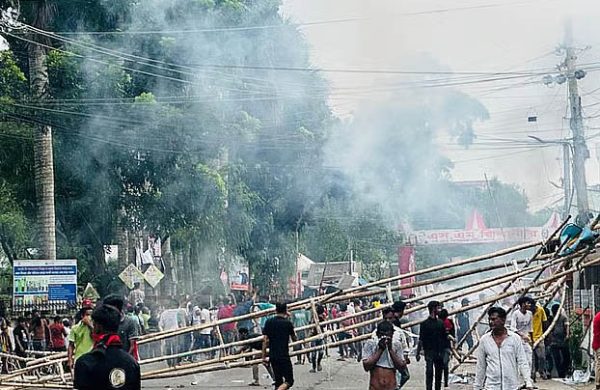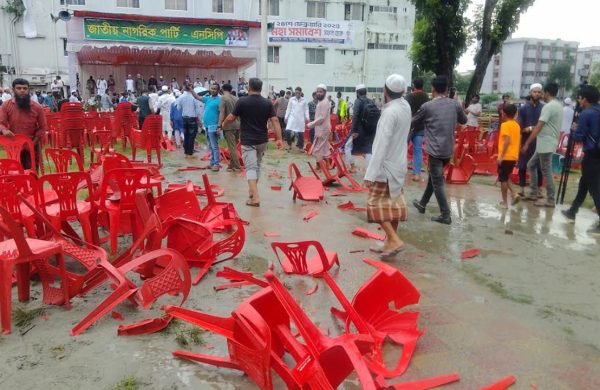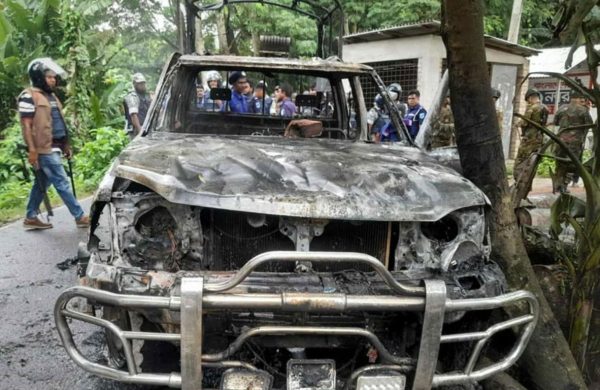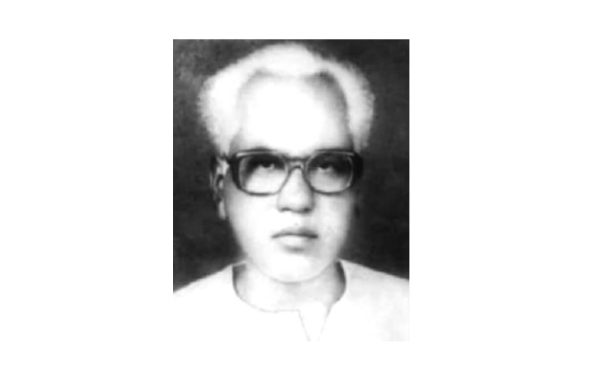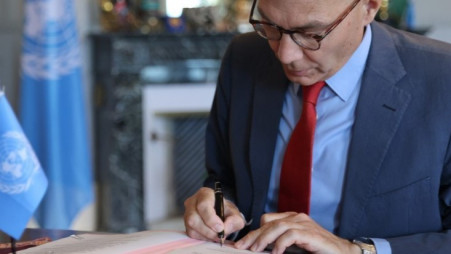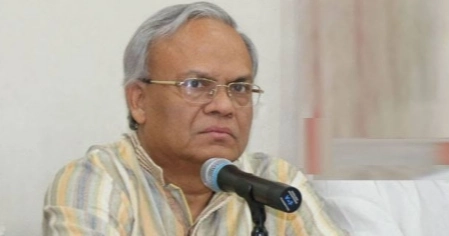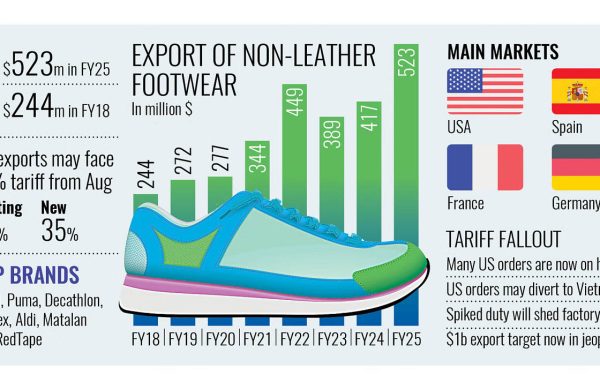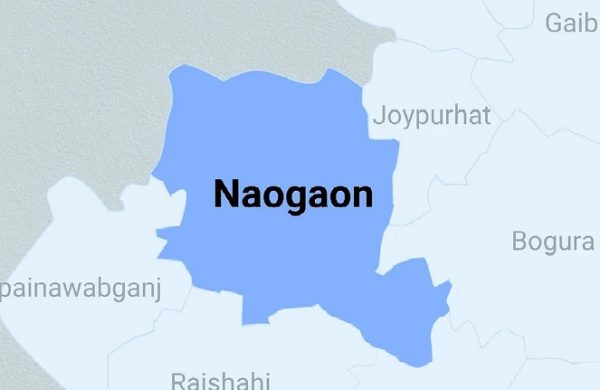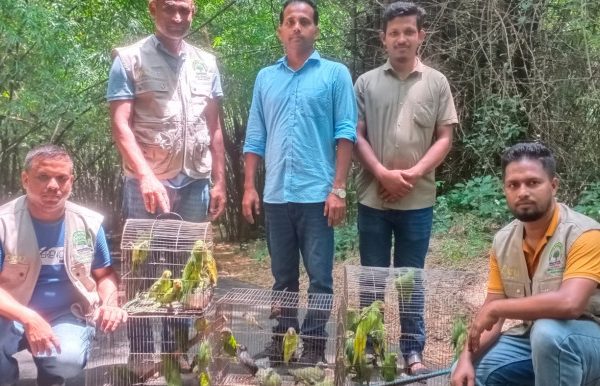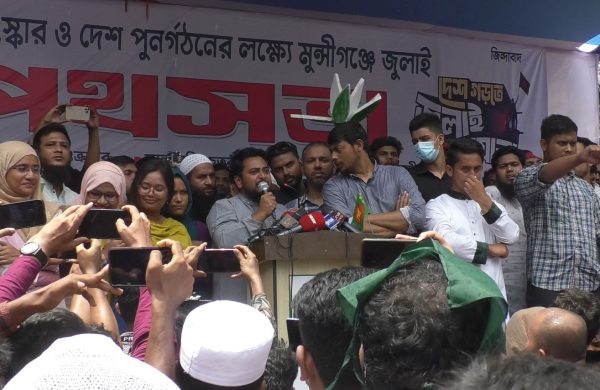Family Syndicate In Power Sector: Nasrul and family’s multi-billion taka scandal unveiled
- Update Time : Tuesday, September 10, 2024
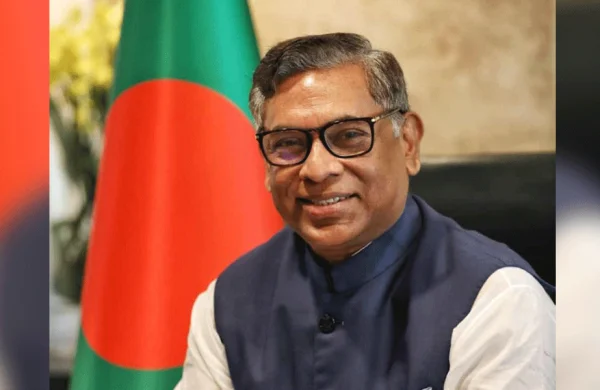
TDS Desk:
The power and energy sector was one of the key areas under the Awami League government. As soon as this authoritarian government was ousted from power, various instances of corruption and irregularities within this crucial sector began to surface.
An analysis of information from the Anti-Corruption Commission (ACC) and other agencies reveals that then-Prime Minister Sheikh Hasina was directly responsible for this important ministry. Although she was officially in charge, the ministry was effectively controlled by Nasrul Hamid Bipu, the State Minister for Power, Energy, and Mineral Resources, who held this position for over a decade.
During his tenure, he was involved in extensive plundering in the power and energy sector, one of the government’s most costly areas of investment.
However, Bipu was not alone in these corrupt activities; his brother Intikhabul Hamid Apu was also involved. Additionally, other relatives, including Bipu’s uncle, brother-in-law, and close associates, have been named in these corrupt practices.
ACC officials have already launched an investigation into Nasrul Hamid Bipu over allegations of acquiring illegal wealth through irregularities and corruption in the power, energy, and mineral resources sector. The ACC has also frozen the bank accounts of Bipu, his wife, and their two children. Investigators have uncovered various details of Bipu’s corruption, including his involvement in plundering the power sector, obstructing the government’s Jhilimili project to divert funds to his preferred housing project Priyo Prangan, and laundering money abroad.
Dr. Iftekharuzzaman, the Executive Director of Transparency International Bangladesh (TIB), commented on the situation, saying that the misuse of power under the authoritarian Awami League government was widespread and that family dynasties played a role in institutionalising this abuse. The entanglement of Nasrul Hamid and his family in corruption is just one example of this broader issue.
This corruption was part of a power structure sustained by a triad of political, bureaucratic, and business interests, forming a high-level syndicate. To protect their gains from corruption, they established an authoritarian regime and co-opted state institutions. Opportunities to protest against these abuses, especially in the power and energy sector, were curtailed by the “black law” on electricity, which silenced civil society and the media.
Investigations have also revealed that Nasrul Hamid Bipu had substantial business ventures worth billions of dollars in the United States and Singapore. The ACC has found evidence that he approved more quick rental power plants than needed without tenders, leading to years of idle plants and hefty capacity charges paid by the government, from which Bipu benefited significantly.
There is also information on money laundering and the purchase of luxury properties abroad. Bipu is believed to have laundered billions of taka through a company he set up in the United States, using his residence in Florida as the company’s address. The property, a five-bedroom house, is valued at over $3.6 million, or approximately Tk42.34 crore.
In addition, Bipu and his wife Seema Hamid, in partnership with a businessman named Sharif Haider, registered a trade corporation called Pathfinder International, which eventually grew to include about a dozen businesses, including a gas station purchased for millions of dollars.
The ACC is also looking into allegations of forgery and corruption involving Bipu and his family in the construction of the country’s largest LPG terminal in Cox’s Bazar’s Matarbari, in partnership with a company called PowerCo International. This company, which had a paid-up capital of just $100, managed to secure a $305 million contract to build the terminal under a public-private partnership with the Bangladesh Petroleum Corporation.
The company is controlled by Bipu’s relatives and close associates, including his uncle Kamruzzaman Chowdhury, who was a long-time associate of the Hamid Group. Other key figures involved with PowerCo include Murad Hasan, who was previously the CEO of a subsidiary of Hamid Group, and Nabil Khan, a business associate linked to a Dubai-based investment firm and a Singapore-based shipping line.
Further investigations have uncovered that Bipu’s brother, Intikhabul Hamid Apu, along with a nephew of a former Minister of Bridges, secured projects worth Tk8,000 crore through at least four companies over five years. These projects included two from the Dhaka Power Development Company (DPDC) and Northern Electricity Supply Company (NESCO) for Tk2,000 crore each, and another mega-project worth Tk500 crore for developing a mobile apps and customer portal for DPDC.
Over the past five fiscal years, Intikhabul Hamid also won contracts for eight mega-projects through a company named “Network & Security,” including a Tk2,300 crore project from the Rural Electrification Board (REB) to install 5 million meters.


